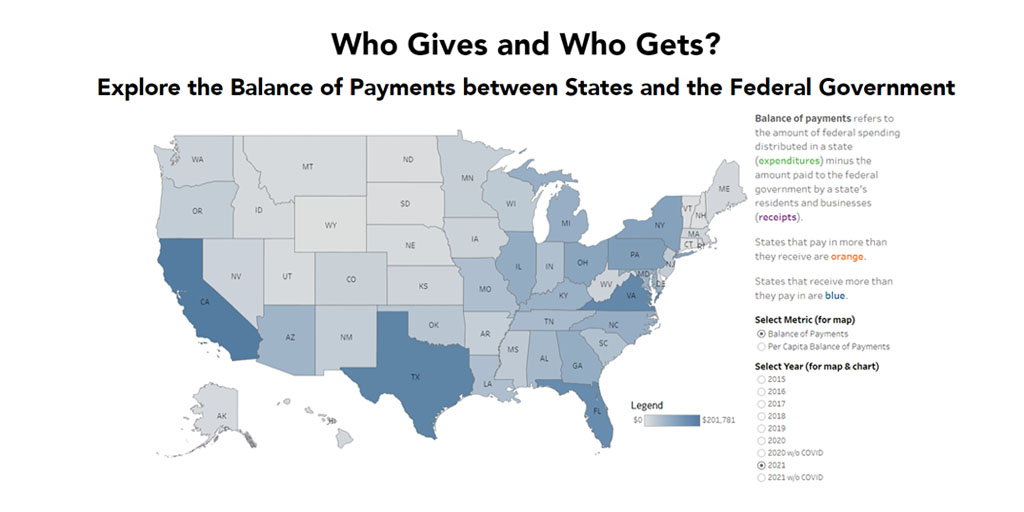With an effectively gridlocked and useless federal govt how do you feel about the prospect of an independent republic of new england, preferably with a parliamentary system of govt?
Leaving the "effectively gridlocked and useless federal government" element aside (it's somewhat inapt right after several sizeable federal actions, though it's absolutely applicable
a lot of the time when the branches are held by different parties).
The idea itself isn't without its attractions...but with an
enormous start-up problem. Britain's having problems as it is extracting themselves from a few decades' worth of European law and an economic union it was never quite as much a part of as the rest of the EU. (I.e. they at least didn't have to even ask what their post-separation currency situation would be, 'cause they never joined the Euro to begin with) With New England, we're talking a collection of states that have no meaningful experience of having been anything but an integrated part of a (much) larger economy in, what, centuries? Probably the best example of just how thorny that gets is Connecticut. In this hypothetical Republic of New England, if Connecticut is a part of it, suddenly all those jobs in New York City are in a different country. So either you get Brexit-or-worse-style impediments to commerce, or you need agreements on travel and open markets (and that goes for the rest of the remaining US in whatever form, albeit with less immediate geographic relevance). Then besides the considerable difficulties of managing the separation, you'd need, well, all the
stuff that countries like to have, such as a military (maybe the amalgamated state national guards are enough), and, some kind of republic-level bureaucracy for, say, healthcare and welfare and infrastructure and education. So, uh, the practical reality of bringing a new republic like this into existence is, shall we say, daunting. (Something that the SNP in Scotland understands and doesn't like to talk about all that much.)
If we move into alternate history mode and ignore the real-world reasons why such a thing is extremely difficult and therefore unlikely to occur, and just consider the idea as if it sprang fully formed, there'd be some advantages. New England as a region is (not unlike other parts of the east, particularly the pre-revolution parts) divided into relatively small states, which can pose some problems. (See, for instance, New Hampshire's perpetual mooching off Boston's economic coattails and freeloading off MA and ME's
Downeaster payments) Nearly half NE's population is in Massachusetts, about 70% is in only two states (MA and CT), the practical impact of which at present is that the smaller four are over-represented in Congress. (The disparity's quite small in the House, but two-thirds of the NE senators represent ~30% of the population.) A NE government would present opportunities to rectify some of these issues (though with an annoyingly-high chance of a 1787-style federalist/anti-federalist big/small argument).
It's an amusing thought exercise, but unlikely to occur absent utter calamity for a million reasons. If the motivating concern is gridlock and dysfunction, it's tempting to think that substituting a NE parliament for the US Congress would fix the problem, but that's not necessarily likely. A parliamentary system's advantages in implementing policies and avoiding gridlock only work when there's a sufficient majority for any given policy. There is a relative lack of veto points, meaning that you usually only have to get that majority
once. (I.e., in the parliament, rather than needing to win the legislature, and the executive, separately, on separate cycles, but they can get
atrociously gridlocked and useless if there isn't a functional parliamentary majority (see: May, Theresa or, if you're feeling masochistic, Israel's unending parade of elections). That in turn is a function of both the electoral system and political culture; a first-past-the-post parliament like in Britain tends to encourage a two (well, two-ish, these days) party (or, at least, two-coalition) system that usually lends itself well to achieving a majority...at the cost of them not really having a hang on how to manage hung parliaments. In, say, Germany, majorities basically never happen, but they're used to that and form coalitions well enough (though that type of proportional or multi-party system can contribute to factionalism and thus gridlock, such as in Israel). This is all relevant because we have no idea what a New England-level political culture would look like shorn of its relationship to the federal government, and the chosen electoral system would have an enormous impact. Depending on the system chosen, it's entirely possible to wind up with a parliament that's utterly gridlocked, only now without even the possibility of an imperial presidency to do
something via executive action. So, it's not necessarily even the cure for the ails of the current federal government it might at first blush seem to be.
(And that's not surprising. We get gridlock because there's a million veto points in the US system. If we had a parliamentary system, federally, we wouldn't magically see cooperation. We'd just see
wild swings in policy, because the problem is that the parties are polarized, albeit not equally. I suspect a new New England parliament would, for a time, have a strong Democratic-metropolitan majority which could get quite a lot of things done very efficiently...with little recourse for anyone in the region less than pleased by that. That's a good thing if you share those policy preferences, it doesn't
necessarily make it something to be wished for. )

